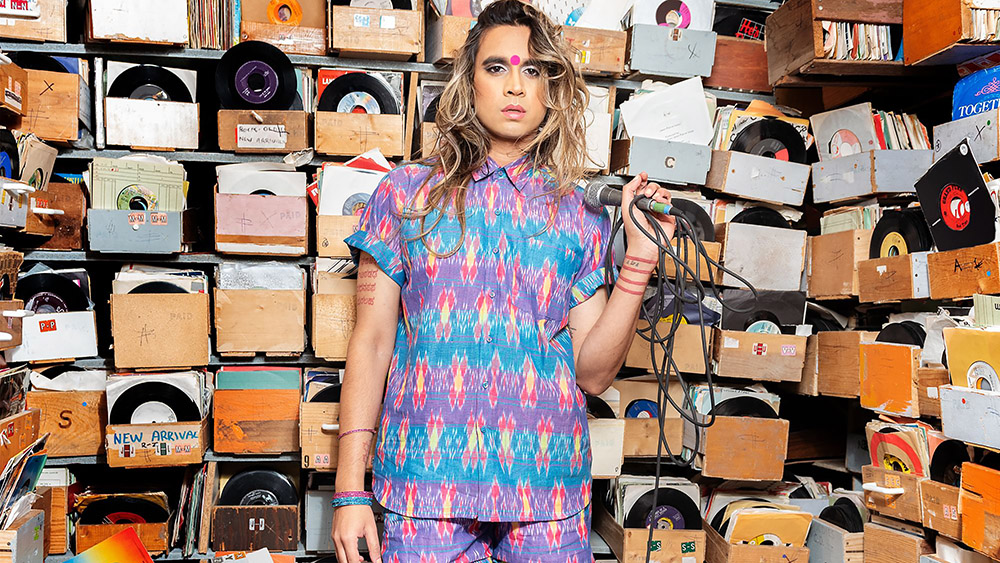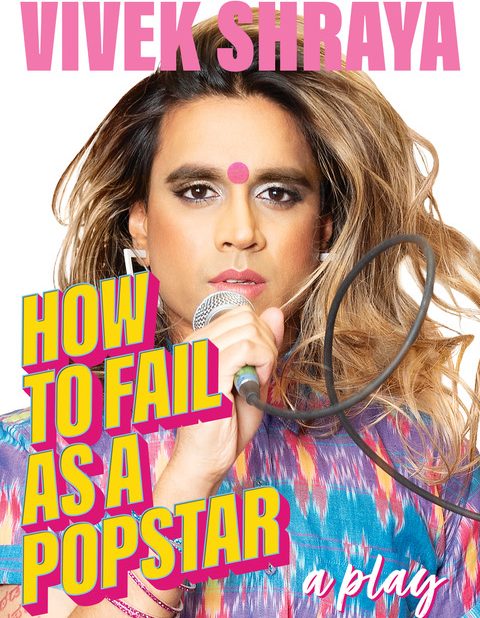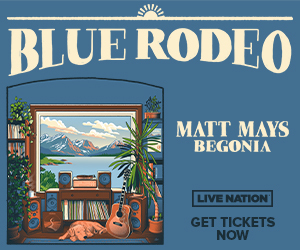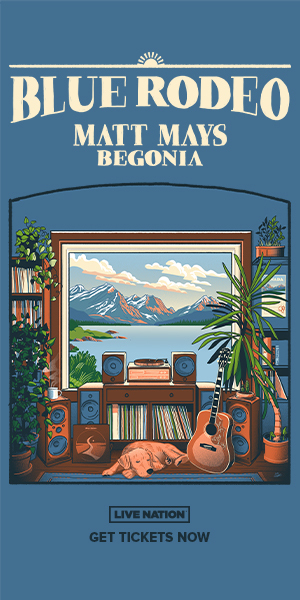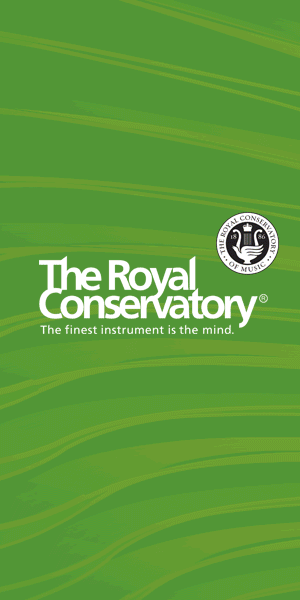Vivek Shraya Learns To Fail as a Pop Star
So Rolling Stone never came knocking…what now? Albertan multi-hyphenate artist Shraya gives failure a facelift in new book out March 2.
Calgary’s multi-talented Vivek Shraya always envisioned her name up in lights.
A creative force, she’s ventured into the music, film, literary, theatre, visual art and modelling realms with critically-acclaimed success. Consider her 2018 Polaris Prize nomination, six Lambda Literary Award finalist placements, grand marshalling of Toronto Pride or even her Canadian ambassadorship for Pantene — her golden locks truly are luscious.
With a CV like this, it would be easy to argue her dream did come true. But there is one ambition she never quite realized, becoming a real deal pop star.
In her fearlessly vulnerable book, How To Fail As a Popstar, released March 2, the prolific Shraya gets real about the shortcomings of her first love—her music career. In a series of eulogistic short stories drawn from her intensely personal journey, she explores and honours the feelings that arise in the window between failure and picking yourself back up.
I spoke with Shraya ahead of her vibrant new release and covered everything from singing at shopping malls, dealing with the pain of not quite reaching your dreams and sporting dazzlingly sequined Freddie Mercury jumpsuits. In that order, actually.
NEXT: You’ve been making music for nearly two decades, with your first album coming out in 2002. Which parts of your music career can people expect to read about in the book?
Vivek: The book started out as a play, which we did in Calgary at High Performance Rodeo in January, 2020. I feel so privileged, like I was one of the last people to get to put on a play in the world. The story details my love affair with music and then starting to enter my music career.
NEXT: Does the book cover the very beginnings, when you were still just dreaming about a career in music?
Vivek: I really see How To Fail As a Popstar as a love story, and with a love story, you need to talk about the origin. In the book I talk about my dad’s record collection, he had a La Isla Bonita single by Madonna, then growing up learning religious Hindu prayers and then falling in love with r and b in the 90s in junior high. The book really shows that journey of falling in love with music, and then deciding to take the plunge to becoming a musician myself.
NEXT: What did taking the plunge look like?
Vivek: A lot of encouragement to be honest. I was singing in malls in Edmonton and I was singing in high school performances, but the idea of turning music into a career hadn’t really dawned on me until I was like 18, 19, 20.
A big part of that is being a brown child of immigrants, music, or art of any kind was seen as a hobby and not a career. That was very much reiterated to me by my parents over and over again. You know classic brown parents, ‘you must be a doctor, you must be an engineer, you must be a lawyer,’ and then music you can do at night or on the side.
It was largely the encouragement of other people who came into my life who were like, ‘Hey did you know that you could actually try to make a career out of this?’ that pushed me in that direction.
NEXT: What’s it like performing in an Edmonton mall? Sounds glam.
Vivek: There’s the smell of New York Fries in the distance, people walking by with their Gap shopping bags and you’re literally in the food court. At the time, Alanis Morissette’s Jagged Little Pill had just come out and everyone would come up and sing either You Oughta Know or Mariah Carey’s Hero. At this point I was already a kind of an artsy weirdo, and I was like, ‘I’m going to do this obscure B-Side of R.E.M.’ Yeah, it was such a strange experience.
I feel so grateful because my younger brother, who I’m actually now in a band with called Too Attached, would come to all my shows. My mom would say he was like my agent because he would hold my bag and give me feedback after.
NEXT: How To Fail As a Popstar began as a live show, with the ability to interact with audiences. How does the feeling of releasing it in print differ?
Vivek: The idea of publishing the play came up after I did the Toronto run, which I finished March 1 of last year—it’s funny that the book is coming out a year and a day after. I do love the live experience so much, and it’s so hard to replicate the energy of being in the room. I’m probably overly-romanticizing the experience now during the pandemic, but it really felt special to tell my story, to dance live, to sing live, to do that in a room full of people.
I can’t lie, a big motivator was the pandemic. There’s a good chance I will never perform this play ever again. We’ve had offers, an offer last year for Germany, and the offer has come back for this summer again. It’s just so hard to imagine international travel in three months, but it still feels exciting to still find a way to tell this story in a different way on the page.
NEXT: Is it harder to communicate the full story through print, considering it began as a live show?
Vivek: In the music world there’s something called the “acoustic guitar test”, this idea that a good song is a good song no matter what context. If you’re able to play a pop song on an acoustic guitar and it still sounds amazing, then it must be a great song.
The hope is that How To Fail As a Popstar is a good story, regardless of not having the lighting and the live singing and the live interaction.
NEXT: It’s not common to take time to relish in our failures when our culture teaches us to project perfection. What’s the value in mourning failure?
Vivek: As an artist I’m drawn to the conversations and the feelings and experiences that we don’t talk about, or, that we put away. For instance, with my band, Too Attached, we put out an album called Angry. It was really about owning one’s anger. A few years ago, I put out a short film called, I Want To Kill Myself, which was about exploring mental health and thinking about suicide.
Failure is not an experience that we are taught to own. The narrative around failure is putting it away, learning from it. You know that saying “dust yourself off and try again”? What happens before you dust yourself off? Can we talk about what that pain and disappointment of not reaching your goals feels like?
Resilience, yes, I understand, I need to get up and keep living. But I think it’s so important to honour that moment of, “actually I’m so disappointed.”
Failure and disappointment are universal experiences. The book is an invitation for the reader to think about their own failure and give themselves the space to own the pain of that.
NEXT: Are there any specific disappointments that you explore in the book?
Vivek: Yes, I have a band, and sure, I can maybe play Sled Island or something, but it’s not the same as being on the cover of Rolling Stone. It’s not the same as performing on Saturday Night Live, it’s not the same as performing in giant arenas around the world. Those are some of the dreams that I would have loved to have happen, that won’t likely happen now.
With books it’s a different world. There’s always that meme you’ll see on Twitter that’s like, “Don’t worry, Toni Morrison wrote her first book when she was 40!” and the joke I always make is, nobody says that about Britney Spears. Nobody is like “don’t worry, Christina Aguilera put out Genie In a Bottle when she was 55!” Pop music is very much tied to youth. I will continue to have a healthy output as an indie musician, that’ll be that, but the dream of pop stardom is very much youth-centric.
NEXT: Let’s talk about the music video for Showing Up—you’re a bona fide pop diva in this performance. You mention on Instagram that as a trans person, a queer person and a racialized person, being in front of a camera can feel vulnerable. How was this video different?
Vivek: Showing Up is the closing song of the play, and ostensibly one of the most vulnerable moments of the play. We were trying to preserve the emotional integrity of that moment. It became really freeing, there was something really exciting about taking the song that I had delivered in a particular context and thinking about how to tell the story. I had this idea to honour and channel some of my favourite pop stars. Madonna, Beyoncé, Courtney Love and Freddie Mercury were the four I wanted to pay homage to. It felt nice to be able to do that.
NEXT: The sequined jumpsuit you wear in the Freddie Mercury scene is by experimental Toronto label L’Uomo Strano, right?
Vivek: Yeah, I reached out to him. This is so off topic, but I actually had that outfit designed for a completely different project. I ended up doing something else, and the outfit was just kind of lying under my ex’s bed.
When we decided to shoot Showing Up, I was wishing I had a new outfit that was beautiful and striking, and my partner was like, “is there any chance you have a L’Uomo Strano piece anywhere?” And I was like “Oh my God, it’s under her bed!”
NEXT: You inspire people as an award-winning author, as a musician and in the classroom as an assistant professor of creative writing at University of Calgary. Who was a mentor that changed your life?
Vivek: I always credit Tegan and Sara as being huge queer role models for me. I just look up to them so much, it’s interesting because we’re so close in age and we all grew up in Alberta.
I know first-hand what it was like to be queer in Alberta in the 90s. The fact that they were so vocal and queer from the beginning of their career…I often say I wouldn’t be the artist that I am if it weren’t for them and the work they’ve done. Certainly with my music career, so many of my first opportunities, whether it was being able to open for them in the U.S. and eventually in India, a lot of opportunities came from them. I’m so indebted to them. Huge role models and friends, I just adore them so much.
NEXT: Speaking of Alberta, how did you end up in Calgary?
Vivek: I lived in Toronto for 15 years. As an independent artist at the time, who is brown and queer, I didn’t have my first music grant until I was 14 years into my career, so I had to work a nine to five for most of it. If you can imagine, I’m at work, then coming home and working again on my second job as an artist. In my early-30s it started to get really challenging.
And then I got this job at the University of Calgary. I never imagined I’d come back to Alberta. If you’d have told me, I’d have been like “hell no.”
But it actually has been really healing. In a lot of ways, Alberta is the site of trauma for me, the classroom in particular. To stand in front of 30 – 70 students and be trans and ask to be called Miss Shraya and have students see me in that way, it’s just been incredibly healing. I don’t know. Life is strange. I never thought I’d end up here—but here I am.
NEXT: On to our Rapid-Fire round. I’ll pose a question; you say the first thing that comes to mind.
Britney or Mariah?
Mariah!
Dream musical collaboration?
Beyoncé and Rihanna.
‘NSync JT or solo JT?
Can I say neither? Definitely not Apology Tour JT. If the question is Justified JT or FutureSex/LoveSounds, I’ll say Justified JT.
Last song you listened to before this interview?
The Sweetener album by Ariana Grande. The one that Pharrell produced.
Three Desert island Discs?
Shoot, okay okay okay. It’s so hard because my mind just goes to the 90s. I would say:
Janet Jackson’s 1993 album, Janet
Mariah Carey’s, Daydream
TLC’s, CrazySexyCool

